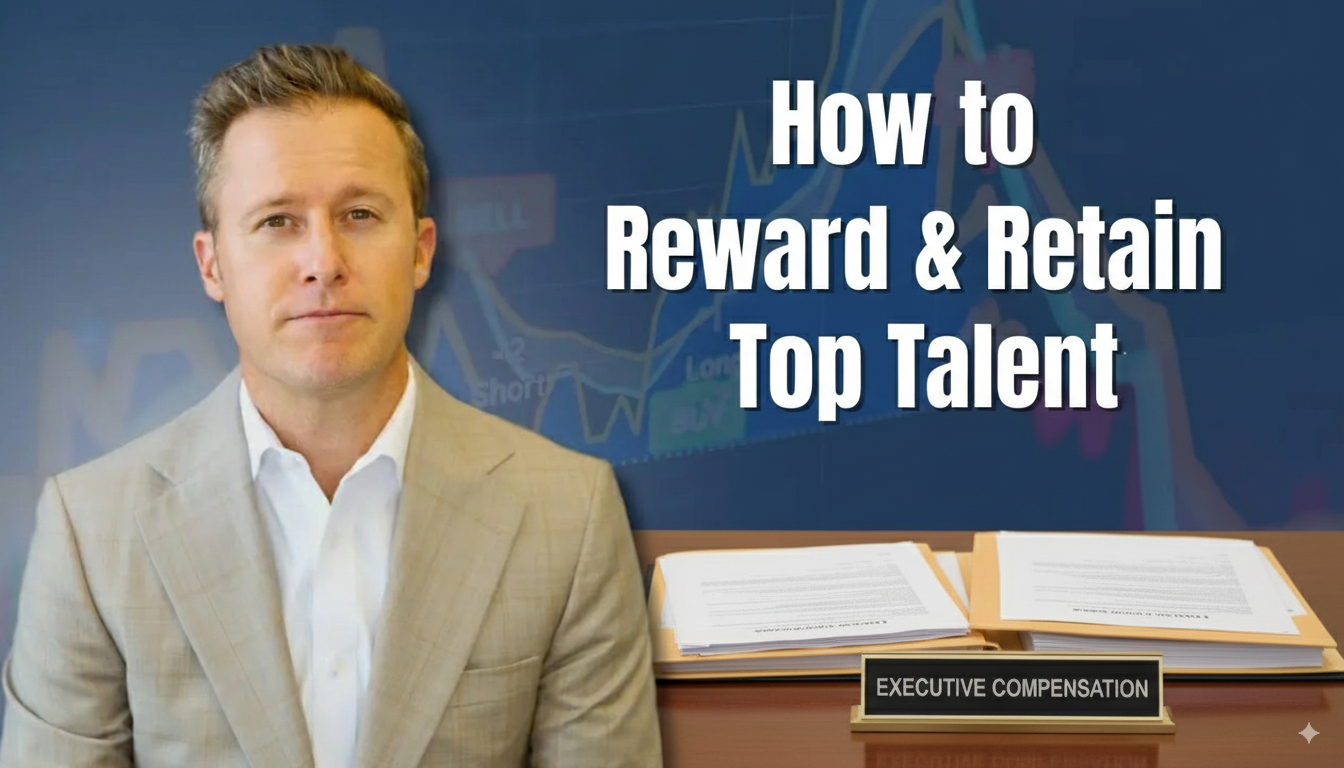In 1901, Andrew Carnegie sold Carnegie Steel to J.P. Morgan for what was then an outstanding $480 million. But one of Carnegie’s most important innovations wasn’t the sale itself. It was how he compensated the key people who helped build his empire. He famously handed out million-dollar bonuses like the one he gave to Charles Schwab, effectively pioneering modern executive compensation. Today, we may not be writing million-dollar checks like Carnegie, but the goal remains the same: reward and retain your most valuable people.
Hi, I’m Ken Hargreaves, president of WealthGen Advisors. And one of the ways we help business owners and executives accomplish this is through strategic compensation tools like deferred comp plans and supplemental executive retirement plans or SERPs. With deferred compensation, part of an executive’s income is intentionally delayed, often until retirement, allowing the individual to potentially receive those funds in a lower tax bracket later. Meanwhile, the company benefits from retaining cash longer and using it as a powerful retention tool. SERPs take it a step further. They act like a customized, company-funded retirement benefit, rewarding key leaders for staying with the organization and hitting long-term milestones.
Both options can be tailored for your top people without the rigid contribution limits you find in qualified plans like the 401 (k). Of course, these strategies involve careful planning, tax considerations, and have some key risks, especially since these are typically unsecured promises dependent on the company’s financial health down the road. At WealthGen Advisers, we work with business owners to design executive compensation strategies that fit within the bigger picture, supporting business goals, retaining top talent, and integrating with personal retirement and estate plans. Because keeping great people isn’t just about today’s paycheck. It’s about building confidence for the future.





